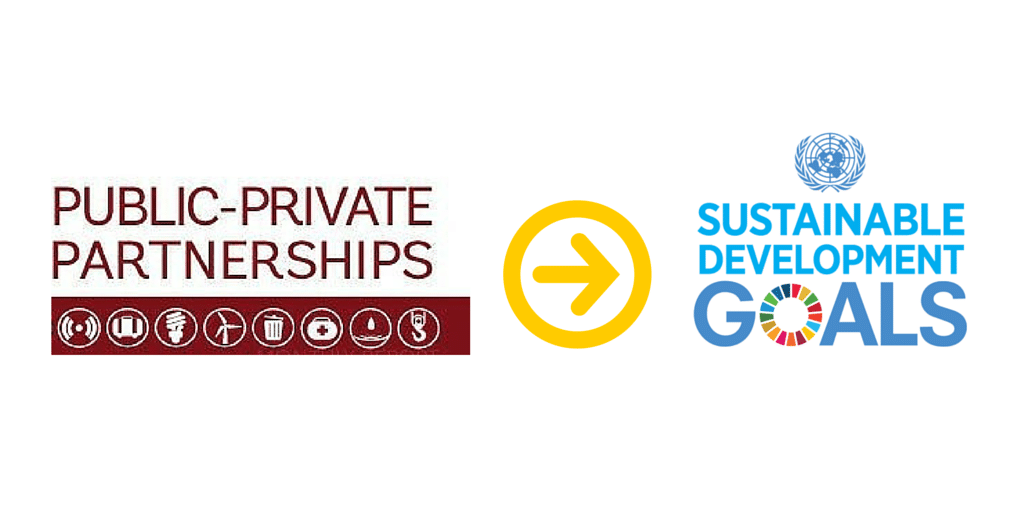Balancing Capitalism’s Short Versus Long Termism
Big listed firms need to accomplish several key tasks. They must ensure quarterly disclosure of operational results and long-term environmental, social, and governance (ESG) targets. These should ensure honest declarations to clients, creditors, and stakeholders. However, often, corporations and investors are driven by short-term gains that often jeopardizes long-term sustainability.
Corporations, on their part, cite investors’ priority on the short-term. This approach, they say, lead to their companies’ research and development efforts being stifled. Meanwhile, the enormous pressure to highlight short-term performance results in the adoption of unsustainable practices. Is there so much pressure for short-term gains that it masks long-term performance goals?
Horasis is organizing the Horasis Global Meeting on 08 June 2021 to deliberate on such issues. The one-day virtual event will see participation from members of governments, businesses, academia, and the media. The goal is to deliberate on pressing issues and collectively arrive at sustainable solutions.
Upholding ESG Targets
In today’s world, successful accomplishment of long-term goals is dependent on consistent compliance with ESG guidelines. Environmental stewardship, for instance, is a core area that cannot be overlooked to achieve short-terms gains. Energy consumption levels, responsible waste disposal practices, and limiting carbon emissions are all crucial information that must be shared with investors. Likewise, organizational goal setting must outline steps to ensure accountability.
The social criteria of ESG targets demand maintaining sound reputations with people and other institutions the firm engages with. Companies must be net positive contributors to the communities they operate in. In addition, the social criteria also includes the adoption of fair practices such as embracing diversity and inclusion in the workplace.
Meanwhile, governance targets imply adherence to internal systems such as regulations, controls or procedures. These enable informed decision making as well as compliance with country specific laws. Each company is a legal entity itself and effective governance is a bedrock of long-term sustenance.
Building Robust Companies Lies in Long-Term Value Creation
Short-term results are definitely important towards highlighting company performance. However, a short-term fixation is associated with a myopic vision. In what is becoming a growing trend, investors are demanding companies reveal their long-term plans. Companies such as Black Rock and State Street even released a framework on policies they feel will be key towards profitability while ensuring long-term growth and sustainability. In fact, between January and November 2020, investments in sustainable assets totaled $288 billion globally, marking a 96 percent surge over 2019 levels.
In this regard, there is also a joint initiative called the Chief Executives for Corporate Purpose or CECP. This program’s foundation is based on the premise that long-term company success is determined by how well an organization engages with its primary stakeholders – spanning investors, employees, customers, and the communities they operate in.
Robust results are delivered when management places greater priority on long-term value creation. These are typically companies that have been able to buck the trend of an overbearing focus on quarterly earnings. Multinationals such as Unilever, AT&T, and Amazon have adopted this approach. Going by their current market caps, it is easy to gauge that their long-term strategy has stood them on firm ground. Amazon, for example, is now valued at an astronomical $2 trillion.
Several major corporations lay focus on the long-term. In fact, organizations—comprising a cumulative market capitalization of $600 billion—have outlined their long-term plans for their investors’ scrutiny. These investors—such as Vanguard, Goldman Sachs, and State Street—in turn, represent $20 trillion in assets under management. This clearly highlights that short-term results, though important, are secondary in the bigger picture.
Establishing Trust Through Transparency
A successful long-term approach is, meanwhile, built on trust. And the primary element that builds trust between companies and investors, is transparency. The more open or straightforward the relationship is, the higher the chances of both long-term growth for investors and the organizations they support.
Organizations’ management teams must address the tough questions for failure to do so leads to the formation of cracks. But prompt redressal of ‘elephants in the room’ ensure cohesion and harmonious working relationships. Moreover, investors appreciate being informed about problem areas; they want to be in the know.
Communication of long-term purpose is beneficial for corporations. Besides fostering trust, it also builds loyalty. There is higher probability of retaining investors and employees when an organization outlines and follows a genuine and sustainable purpose.
With an uncertain economic climate expected to prevail in the aftermath of COVID-19, there will be increased focus on long-term vision. Companies that have overlooked this aspect must take a moment to pause, reflect, and strategize with a long-term mindset.
Photo Caption: Companies must focus on long-term sustainability and viability of their business.



